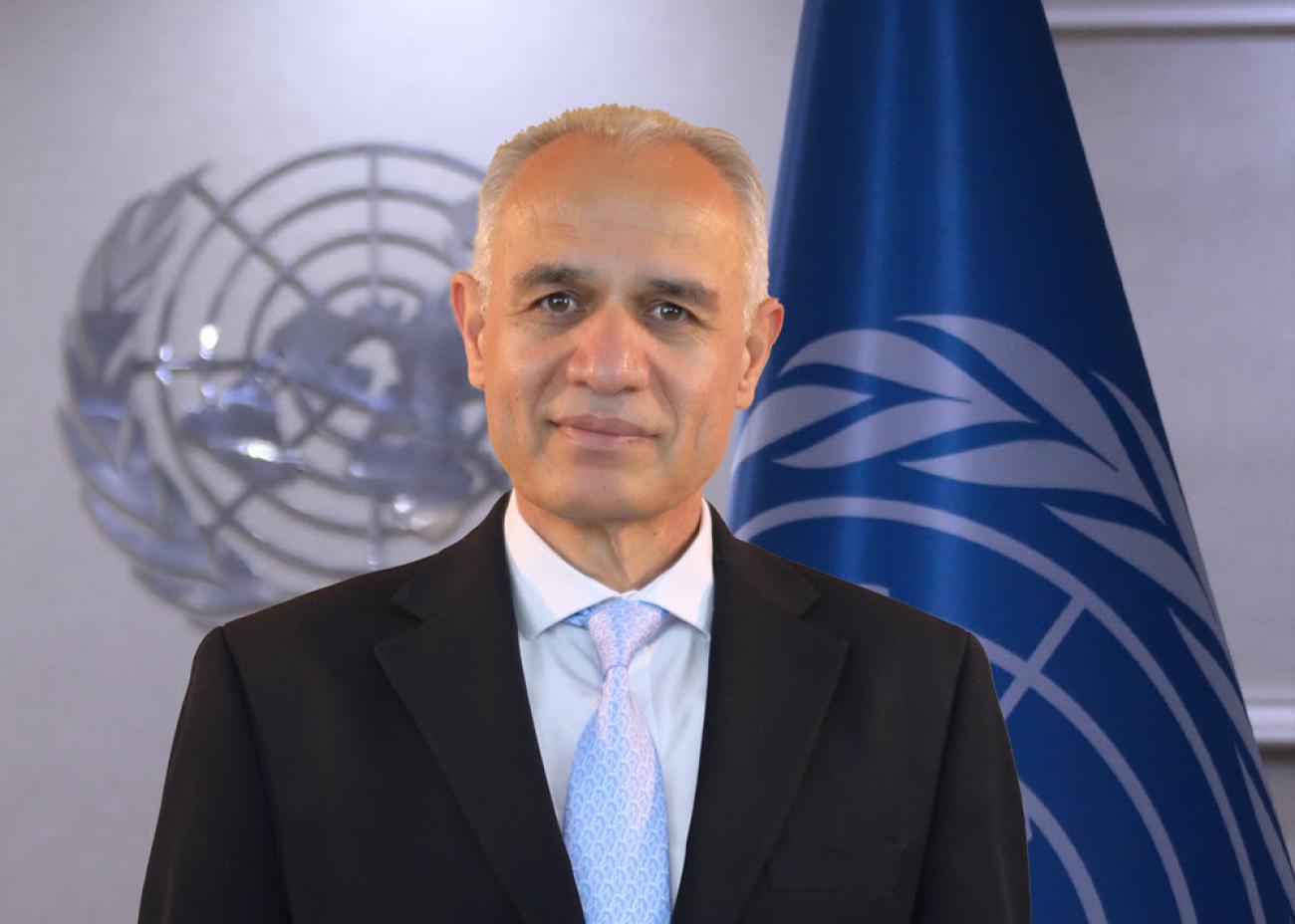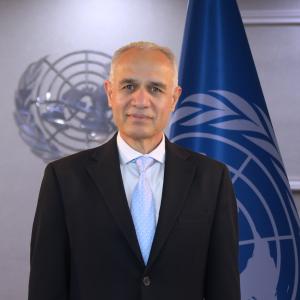https://alsabaah.iq/71499-.html
Iraq is emerging from years of instability and conflict, and there is every reason to celebrate that with pride. My tenure in this country has only begun recently, but I have already witnessed significant progress, thanks to the resilience of the people who have made great strides towards paving the way to a more peaceful and stable nation after years of untold hardships.
In 2014, the international community mobilized, at the request of Iraq, to deliver much needed assistance to this country in its difficult hour as it struggled to withstand a devastating security and humanitarian crisis. Five years after the territorial defeat of ISIL/Da’esh, followed by incessant and determined recovery, reconstruction and reconciliation efforts, the shockingly high number of people who needed humanitarian assistance which stood back then at 11 million has dropped recently to 2.5 million. International donors provided an estimated 8 billion USD in humanitarian assistance while billions more were invested in development, reconstruction and stabilization restoring electricity and public water systems, rebuilding roads, and reconstructing schools, health facilities and housing.
The drop in the number of people in need as well as the Government’s enhanced ability to generate more revenue and provide for its citizens have naturally created favorable conditions for a smooth transition from humanitarian to development solutions for Iraq’s internally displaced population (IDP). This is evident in particular by the adoption of the National Plan on Internal Displacement and the request to include a pillar on ending internal displacement in the UN Sustainable Development Cooperation Framework (UNDSCF).
As we scale down the humanitarian effort in the country, the humanitarian community, which has been a close partner of Iraq for many years, reiterates its commitment to continue supporting the people and the authorities in Iraq towards a development solutions phase. As we stood with the people of Iraq in their hour of need, we will continue to work with them now and in the future.
Together with the Government of Iraq, including the Kurdistan Regional Government, we are working on a humanitarian transition strategy to address residual humanitarian needs in 2023 while taking concrete steps to find durable solution for the internally displaced and refugees under the UN Cooperation Framework, to which both the Government of Iraq and the UN Country Team are signatories. For example, our partnership with the Ministry of Labor and Social Affairs which led to inclusion of IDPs and returnees in the national social safety net is solid demonstration by the Government of Iraq to take responsibility for its own citizen and find long terms solutions for them. We will continue to collaborate with other line ministries to ensure that IDPs and returnees receive the same social services as other Iraqis.
As we move towards these long-term paths, many challenges lie ahead including security, local governance, lack of shelters and livelihood opportunities that hinder the voluntary and safe return of many IDPs to their areas of origin. Creating the right conditions for the people of Iraq to lead in shaping their own future and building a stable, prosperous, and inclusive Iraq is a process that requires everyone to be on board – the Government, the civil society, the private sector, the United Nations and all of its partners, including the donor community.
Last year we helped more than 4.2 million Iraqis, including displaced populations, increasing access to services in priority sectors as well as implementing 629 infrastructure projects that rehabilitated thousands of private and public buildings, including schools and medical centers. More than 5 million m2 of contaminated land were cleared of mines and explosive ordnance in Mosul, Fallujah and Ramadi. These are just some of the examples of the impact.
As in the past, we will continue to support the Government as it leads on many other important issues, including creating the right political and security environment for sustainable peace and stability, tackling corruption, addressing climate change and water crisis as well as developing durable solutions for the internally displaced that are resilient and long-lasting.
To make it unequivocally clear: the partnership between the UN and Iraq continues to be strong and is thriving, through ongoing projects focusing on advocacy, capacity building and technical assistance. Where required, humanitarian partners continue to provide interventions to vulnerable people and communities, including women, children, young people, the elderly, and persons with disabilities. We also remain engaged in supporting the reintegration of internally displaced persons (IDP) returnees through area-based programming for protection, social cohesion and solutions that address any unresolved vulnerabilities and leave no one behind, as well as identifying durable and dignified solutions for the remaining IDPs.
The people of Iraq alone can determine their future, and the United Nations stands ready to support them every step of the way towards achieving the prosperity they truly deserve.



